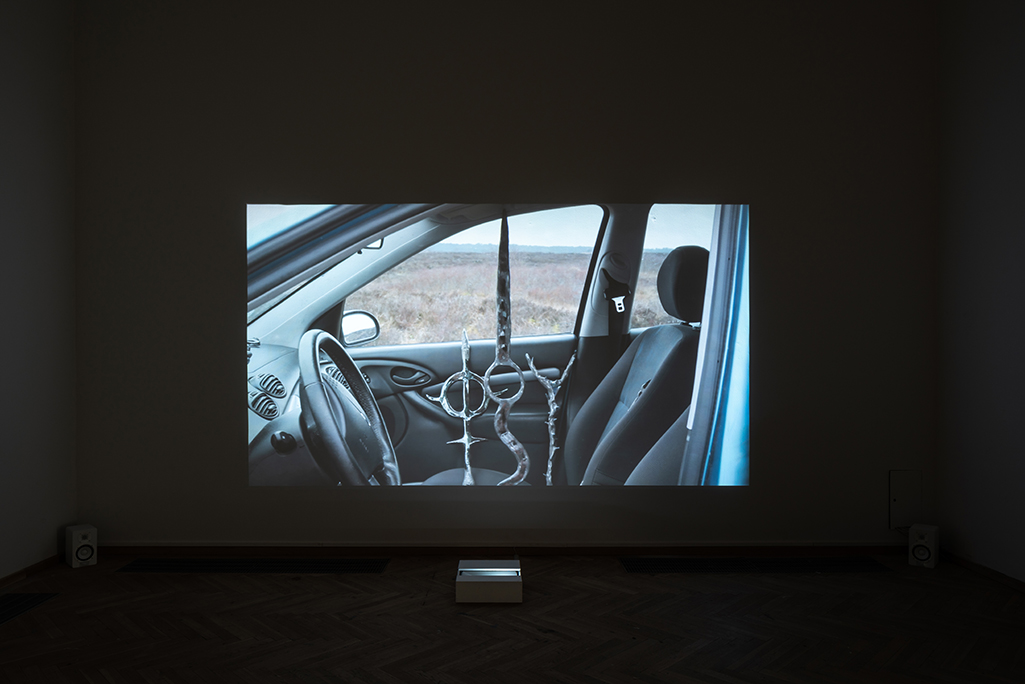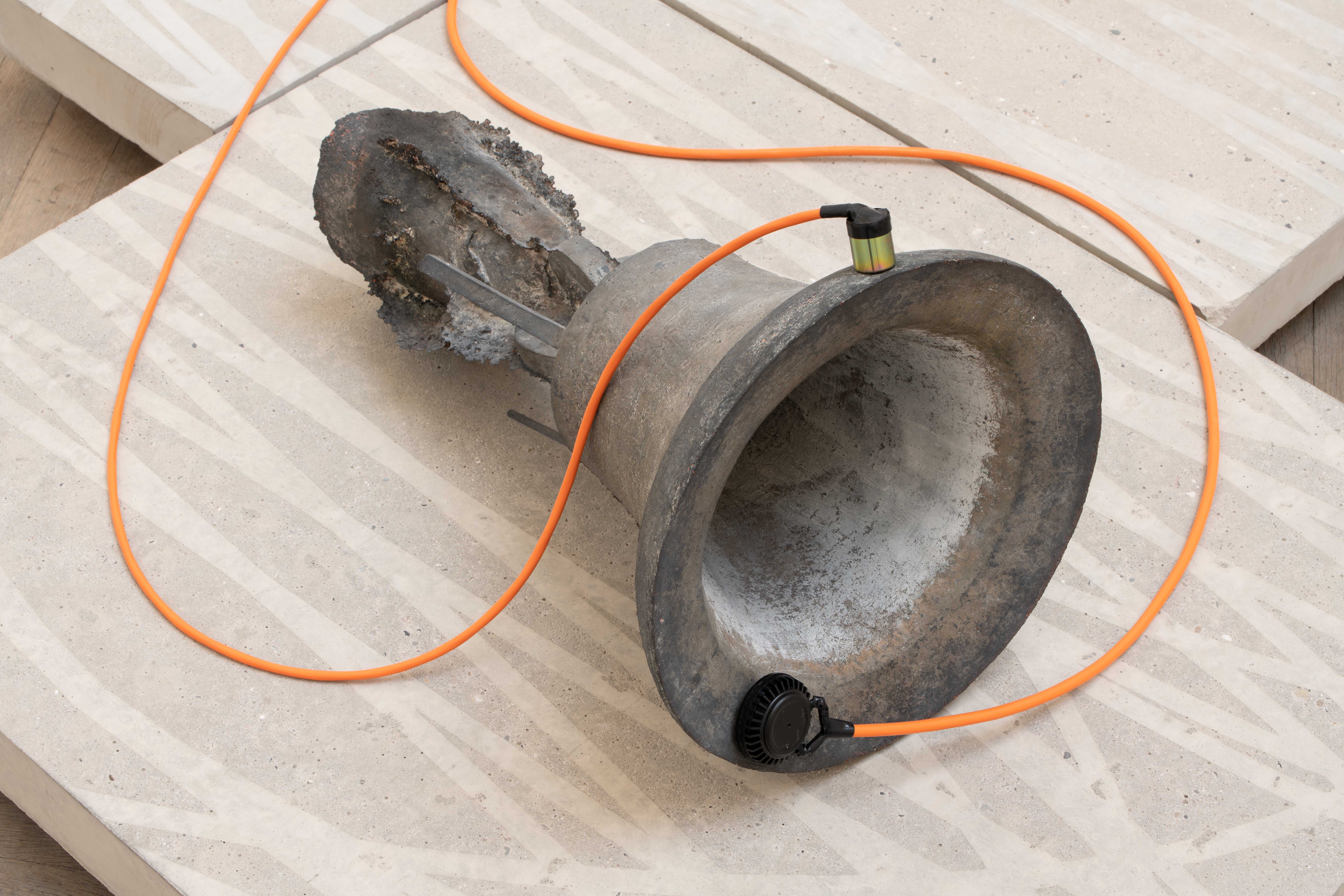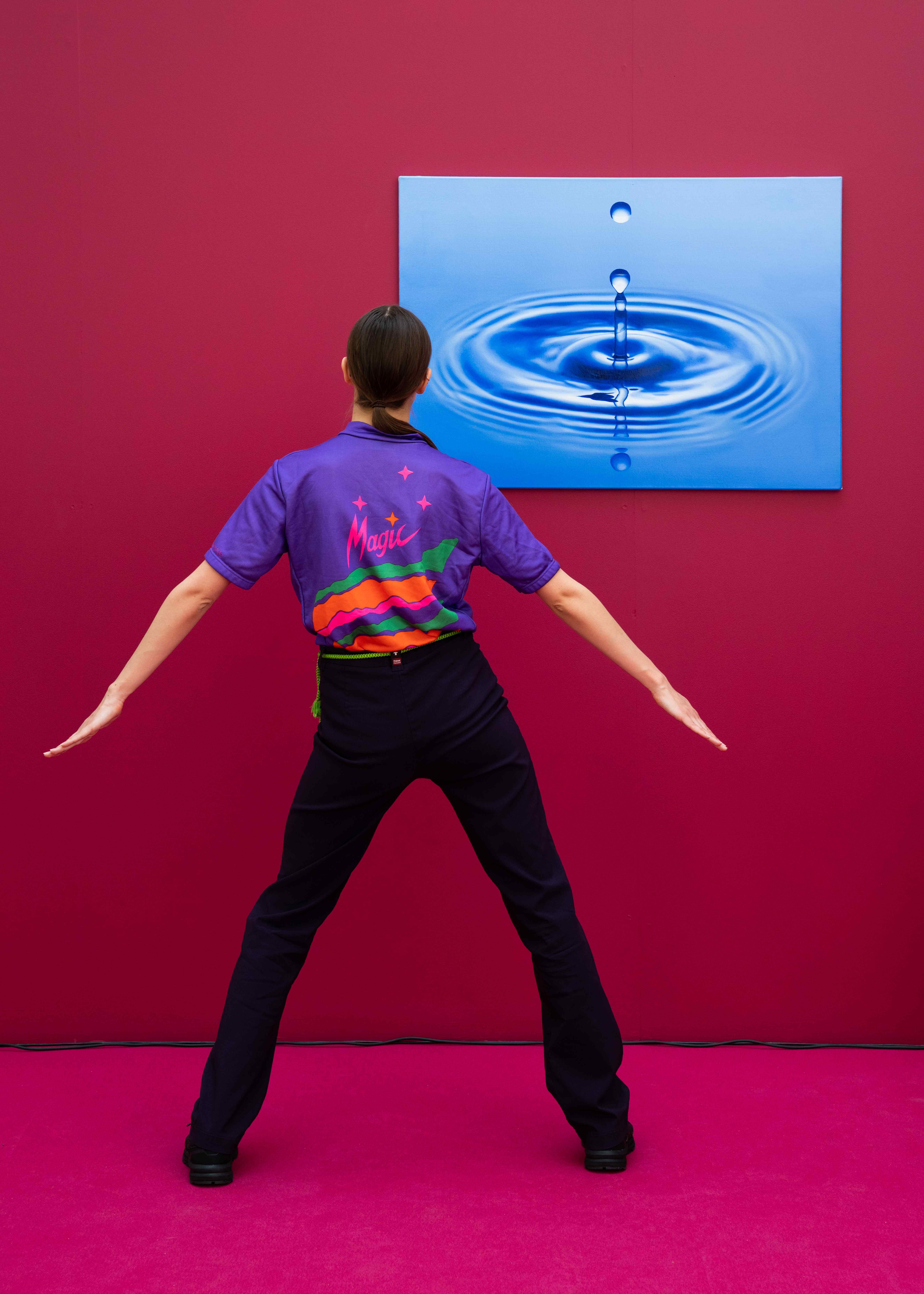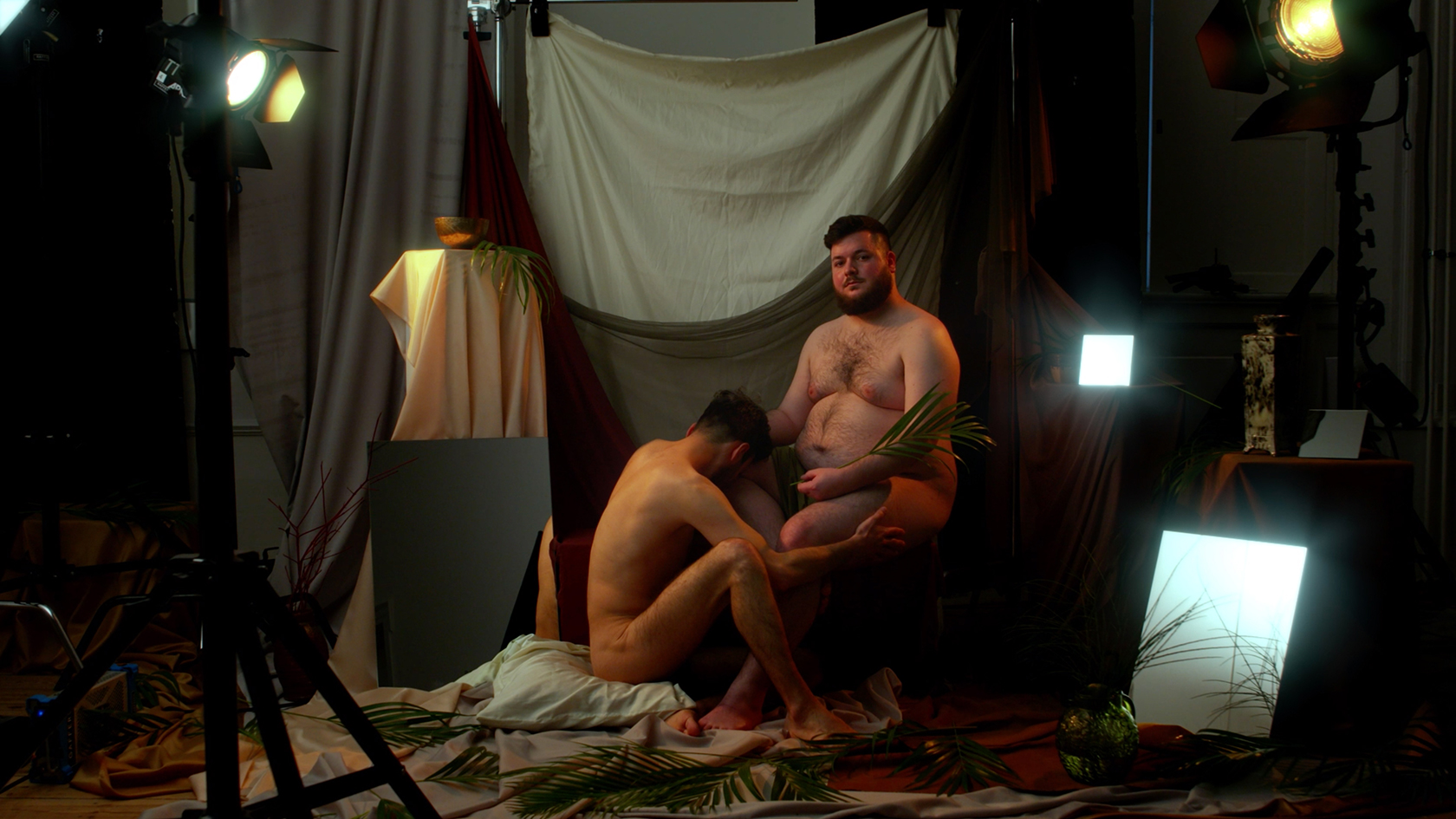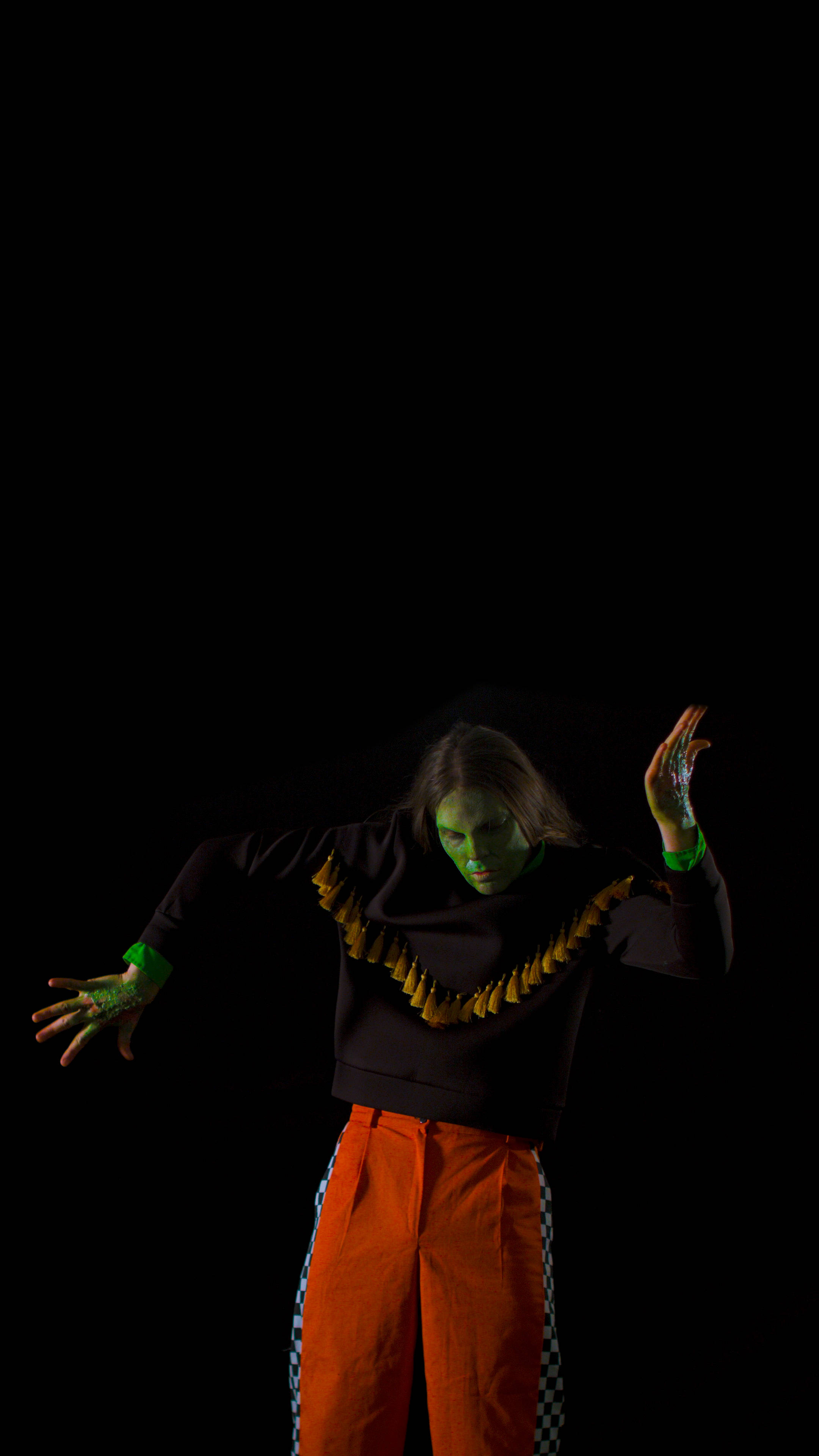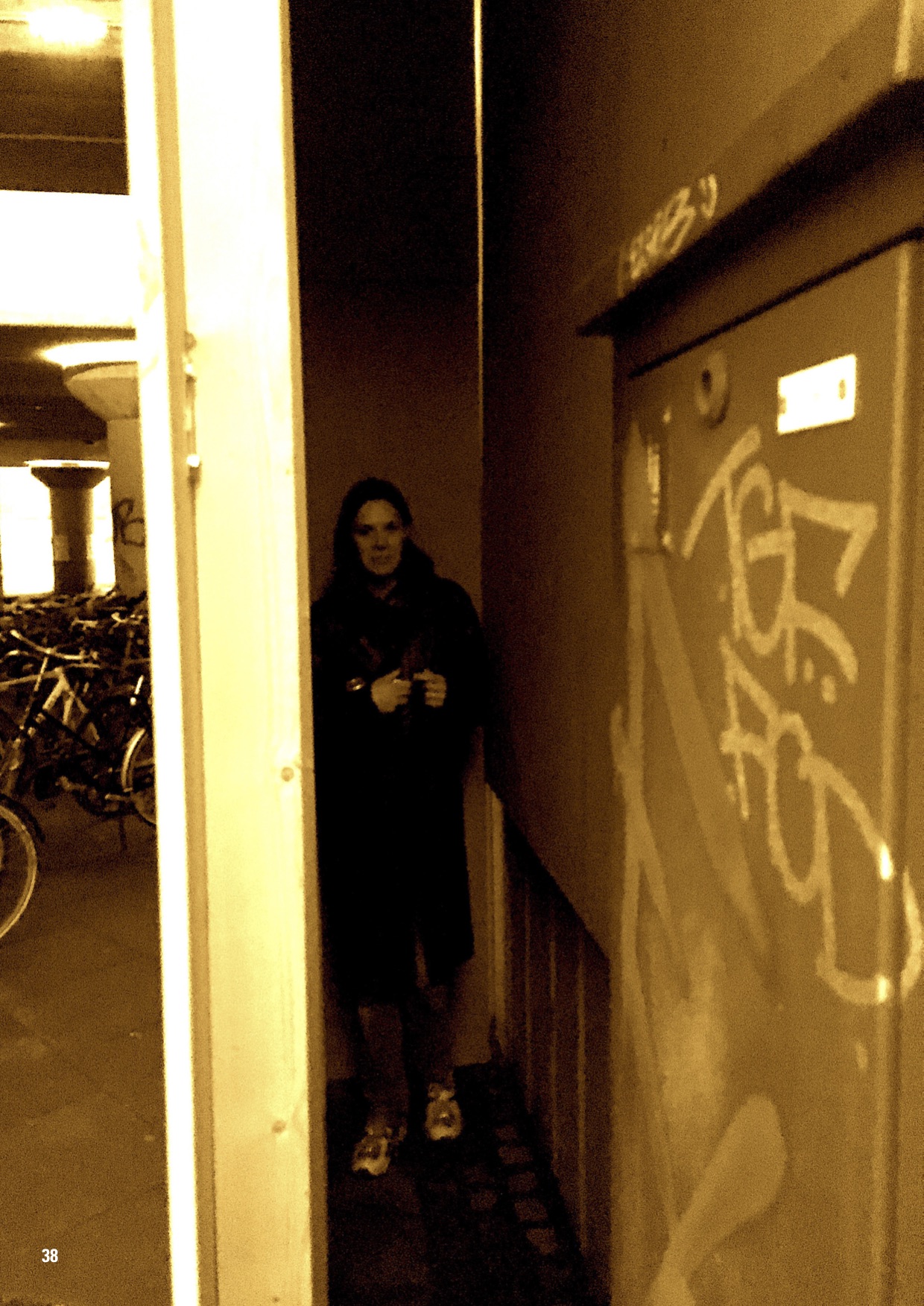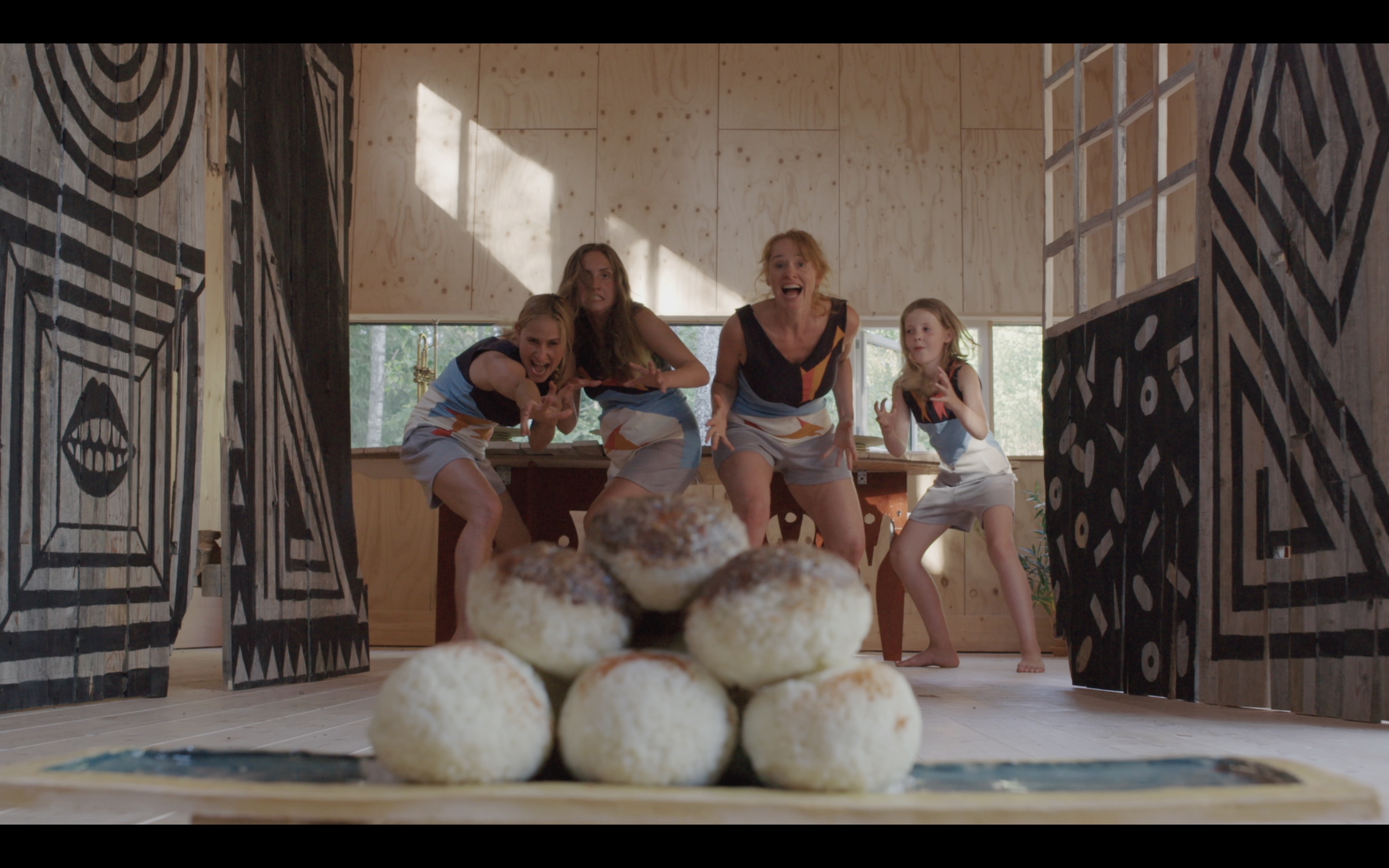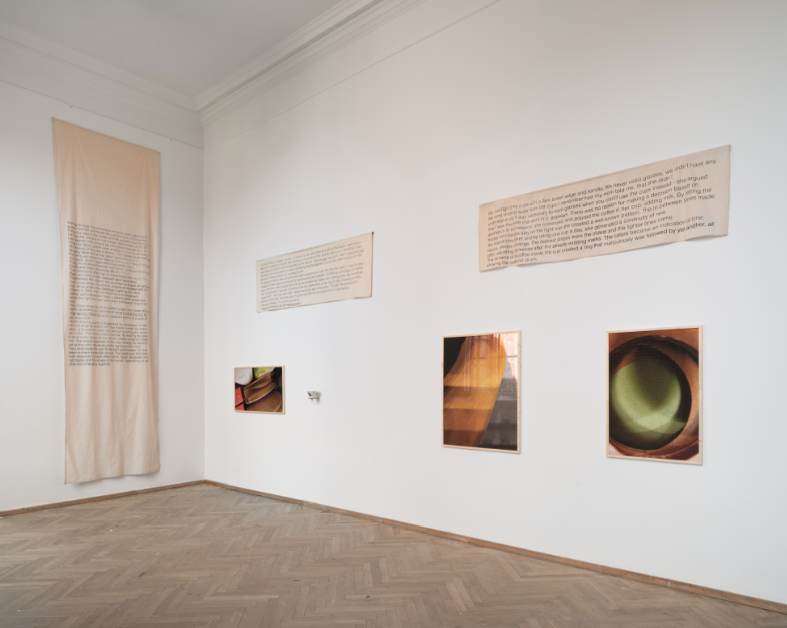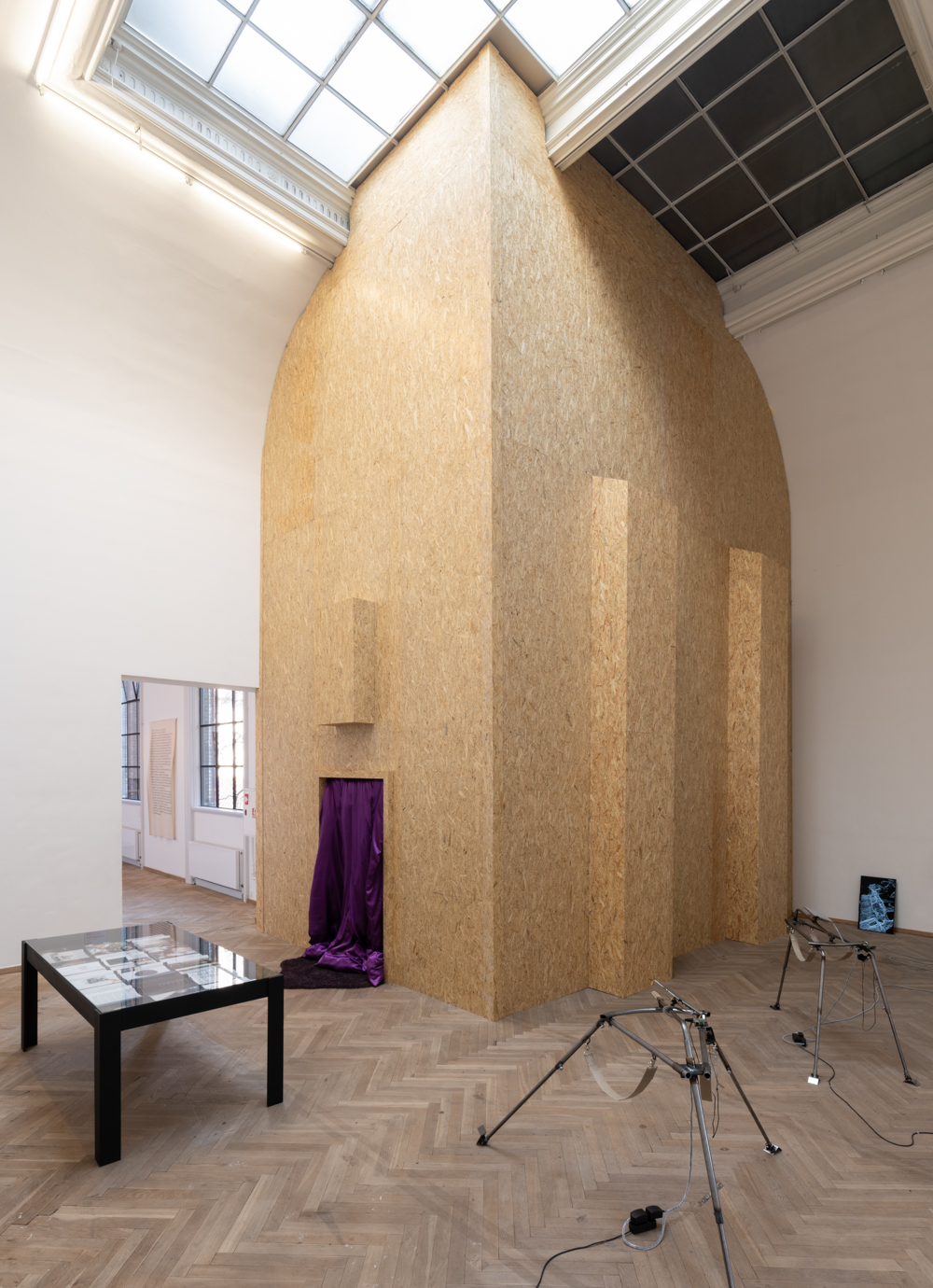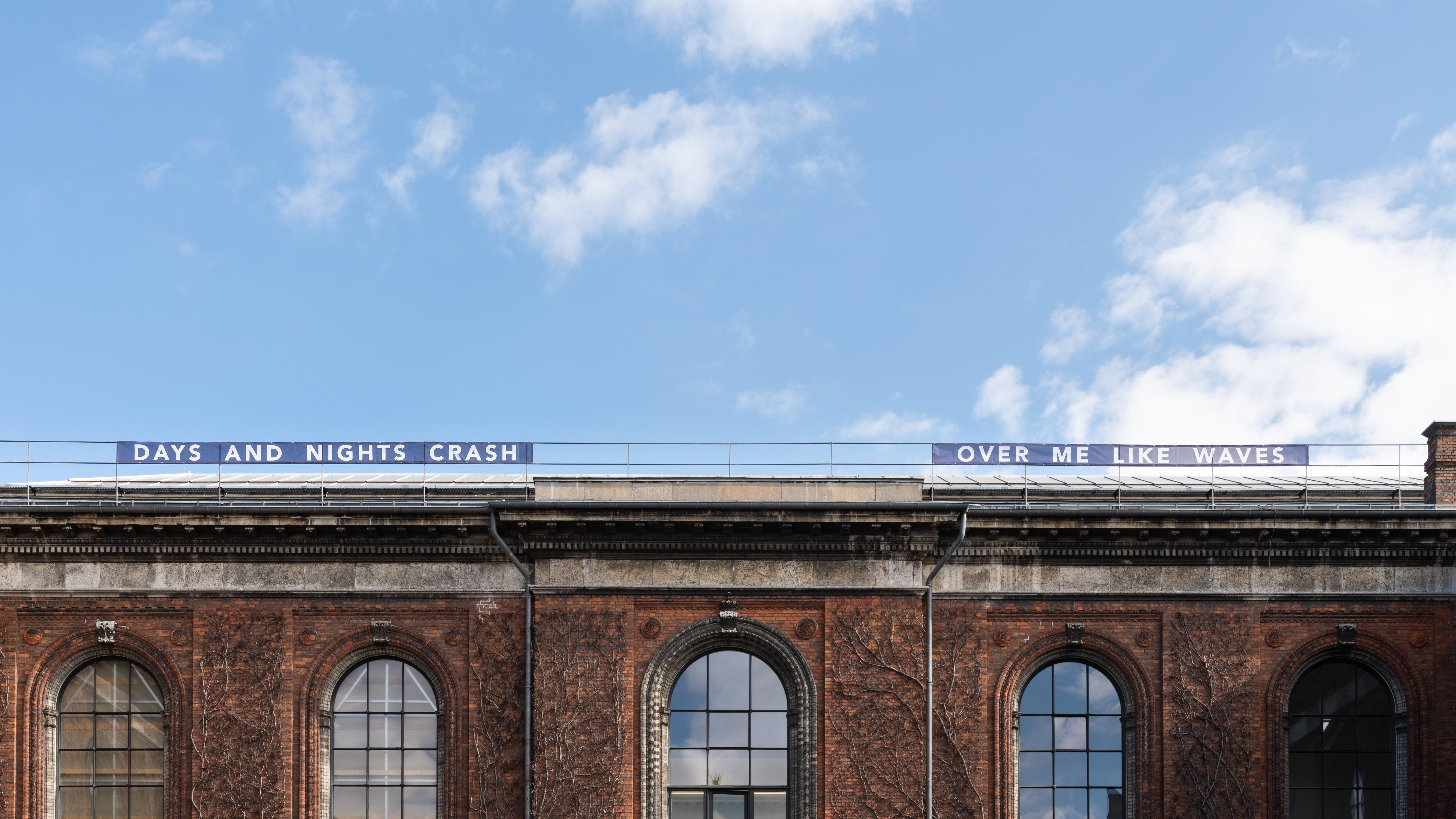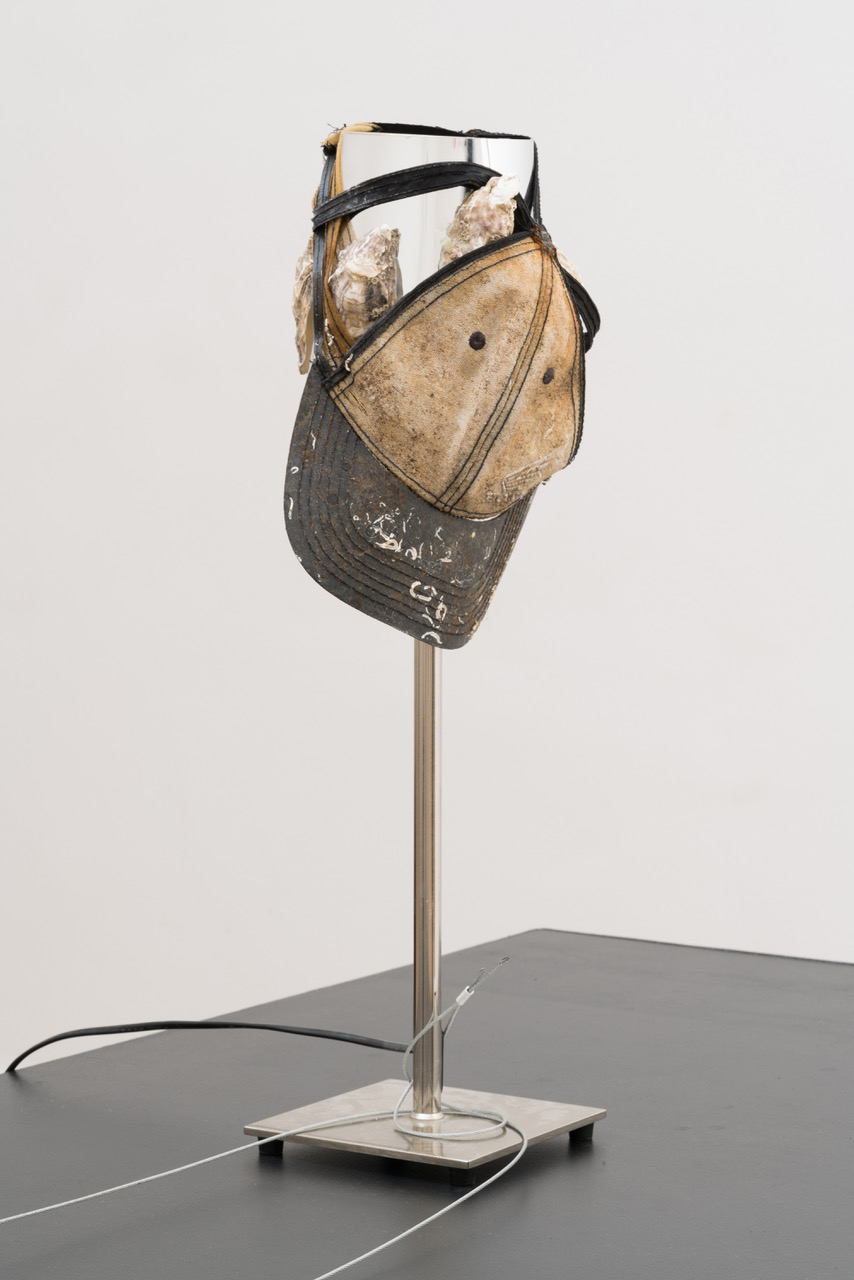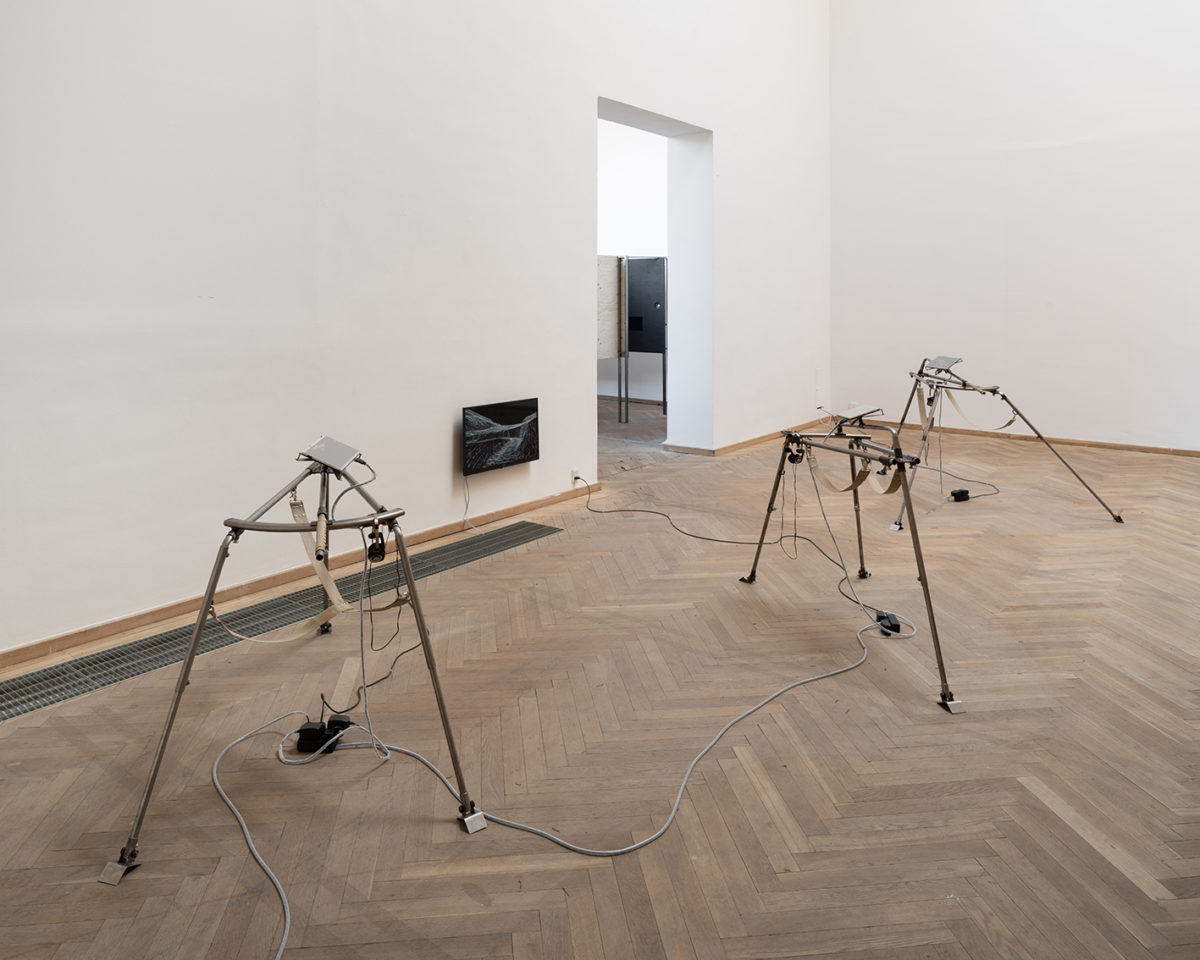
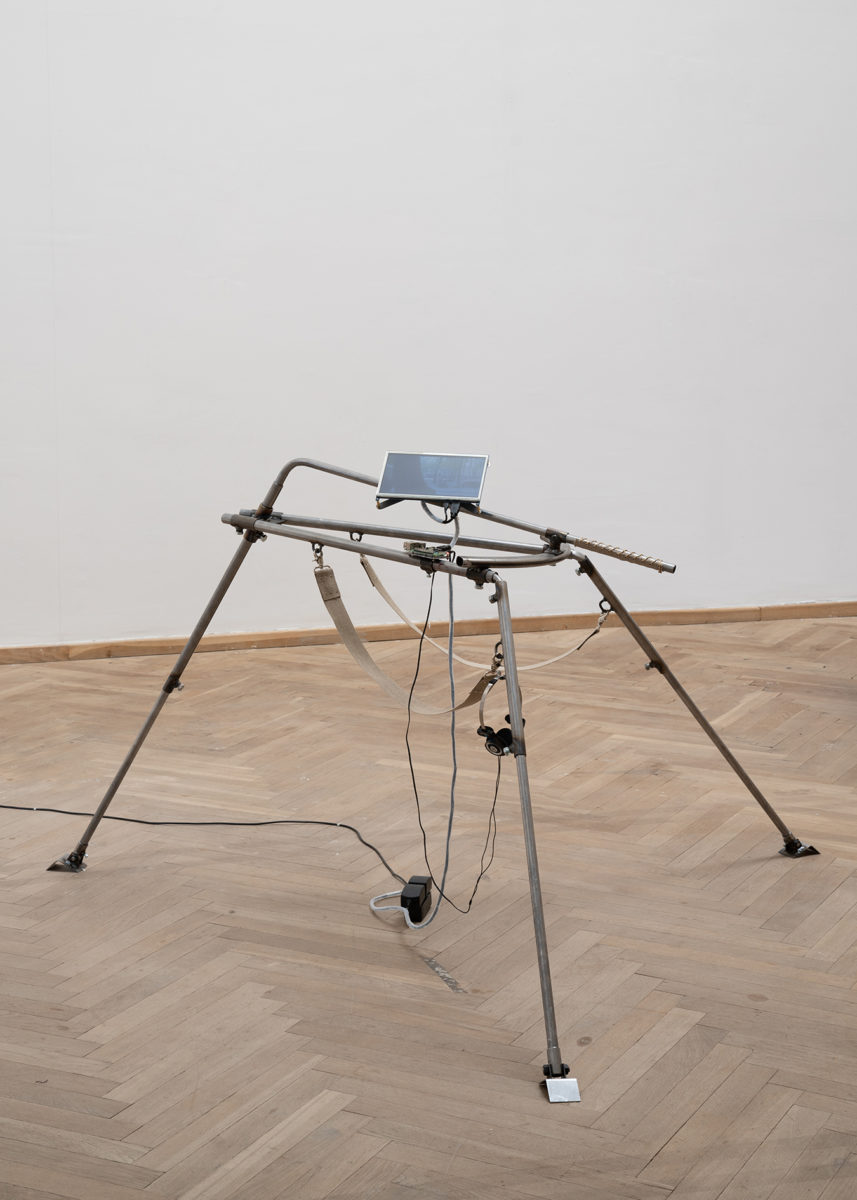
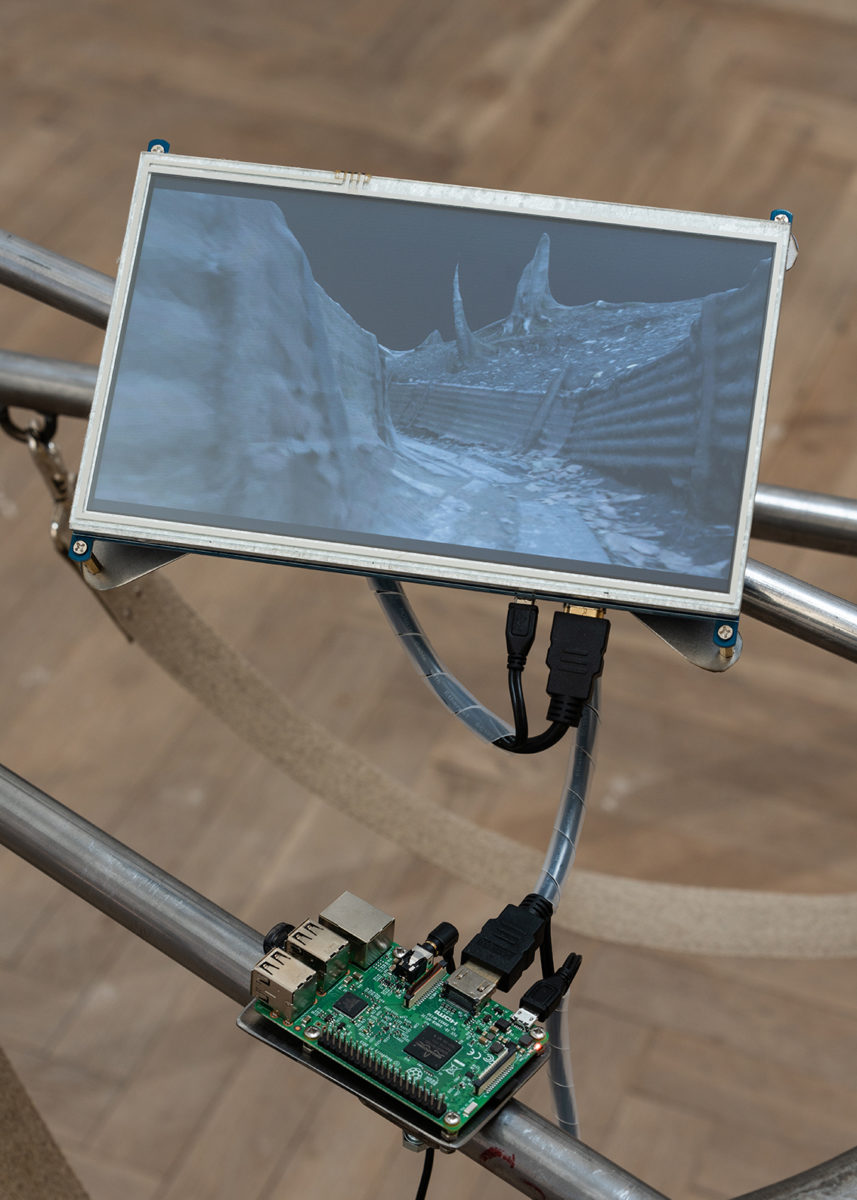
What are the patterns of violence that we hold within us? Lou Mouw explores the transmission and deferral of memories of armed conflict, the labor of war within us. How the violence of its history and present operates in those that have not physically experienced it. The ways we recall, in our bodies, the violence that military warfare has bestowed on the world. Mouw animates these a traces through his own family history connecting to a time when entire populations of the European continent were immersed in total war. Mouw weaves together a complex network that connects the stories of a young girl – his Dutch grandmother – who was sent for groceries and returned to find rubble where her home had once stood, to a boy – his brother – turning thirteen on the day in 2001 that led to the war on terror. This was the first global war waged by a single nation against an ambiguous global “radical network”, a war against a tactic, that would be waged elsewhere, in places such as Afghanistan and Iraq. It is also a war that Mouw’s generation remembers, envisioned through media coverage on screens inside their own homes. In careful interlacing the three films presented move through the physical and imaginary spaces that summon these histories: a second world war memorial, a war museum, a childhood garden, a trench that melds into a subliminal network. Mounted on three tripod structures, the viewer must move between them and peer into the small screens containing Mouw’s reengineered digital subconscious of the workings of warfare.
“Memory comes into existence in that paradox. It constitutes the present with the resurrection of particles of the ever returning. Its fluid form might change and hit you with the hard reality of the present. And you might ask, memory what are you doing in this place?”
From the Afgang 2019 catalogue, written by Marìa Berrìos and Katarina Stenbeck
Concept, Script, Camera, Animations: Lou Mouw
Camera assistant: Harald Hoffmann
Edit: Emelie Carlén & Lou Mouw
Voice-Over: Lidy Mouw
Sound: Monty Mouw
Grading: Fabian Wigren
Textile: Emelie Carlén
Supported by the Fund for Immaterial Labour of the Royal Danish Academy of Fine Arts
Photo’s © David Stjernholm
